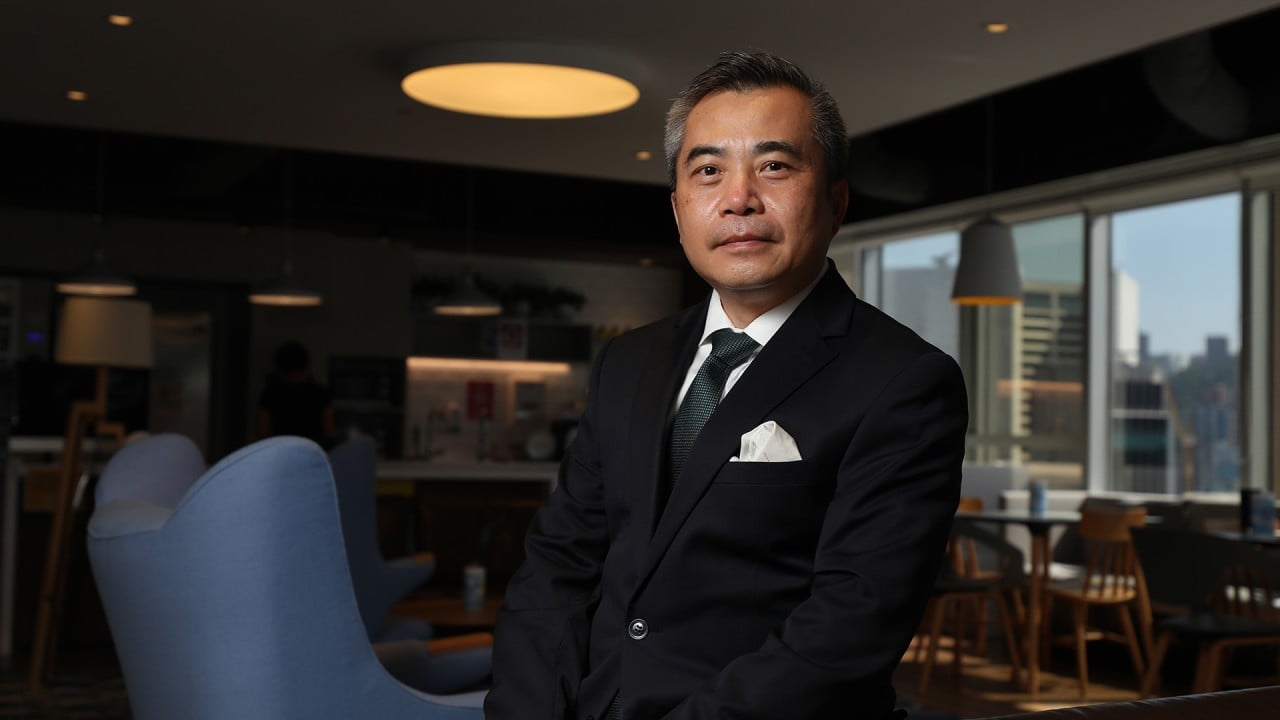
How improved school counselling can address the mental health crisis in Hong Kong schools
- Stigma around mental health issues, poor availability of support services and other concerns are heaping more suffering on our young people
- School counsellors are specifically trained to support young people in school settings, but they remain marginalised and underutilised
The social unrest of 2019 continues to have an impact, and the effects of the ongoing Covid-19 pandemic and associated disruption to school operations are huge.
A recent survey by the Equal Opportunities Commission found that 44.6 per cent of school-age children named school as a factor with an “extremely or fairly negative impact on mental health”. Therefore, it makes sense to put more resources into schools, where young people can access them more readily.
Structural changes to the high-stakes, exam-oriented education system in Hong Kong are unlikely to happen any time soon. However, suggestions such as incorporating social-emotional education courses into the curriculum have been put forward.
Mick Cooper, a professor of counselling psychology in Britain, has described school counselling as “a non-stigmatising, accessible and effective form of early intervention, which ensures that every young person has someone to talk to in times of trouble”.
School counsellors are specifically trained to support young people in school settings. They are embedded into schools, understand the culture and practices of schools and can offer a range of services for students and their families. For example, they can deliver programmes of social-emotional education, run parent workshops and conduct teacher training.
Counselling graduates might be employed as “student guidance personnel” and are often given trivial, administrative jobs. They can also be treated as teaching assistants, usually playing second fiddle to “guidance teachers” and social workers.
Often, they are line-managed by members of staff with little or no background in what school counselling is or what counsellors have to offer. Most school counsellors in local schools leave their low-paid, insecure posts after a short time to become teachers or social workers or to take up jobs in other industries.
Academics in the field of counselling in Hong Kong have called on the government to recognise school counselling as a distinct professional role with an entry requirement of a master’s-level counselling degree and membership of a professional body.
Models of school counselling such as those of the American School Counselor Association and the International School Counseling Association see counsellors as important members of staff taking on leadership roles to affect systemic change in their schools.
The government should enlist the help of school principals who can empower counsellors. Without their support, counsellors will remain marginalised and underutilised. Principals are well placed to communicate the importance of counsellors to parents and students, as well as to build a school climate where counselling is normalised and the stigma around mental health is reduced.
The positive effects of school counselling are well established by research. Young people in Hong Kong would benefit greatly from the kind of positive and supportive relationships that good school counsellors can provide.
A partnership between the government, school principals, social workers and school counsellors might enable this untapped yet valuable resource to make a real difference to our young people.
Dr Mark Harrison is a lecturer in the Department of International Education at the Education University of Hong Kong


